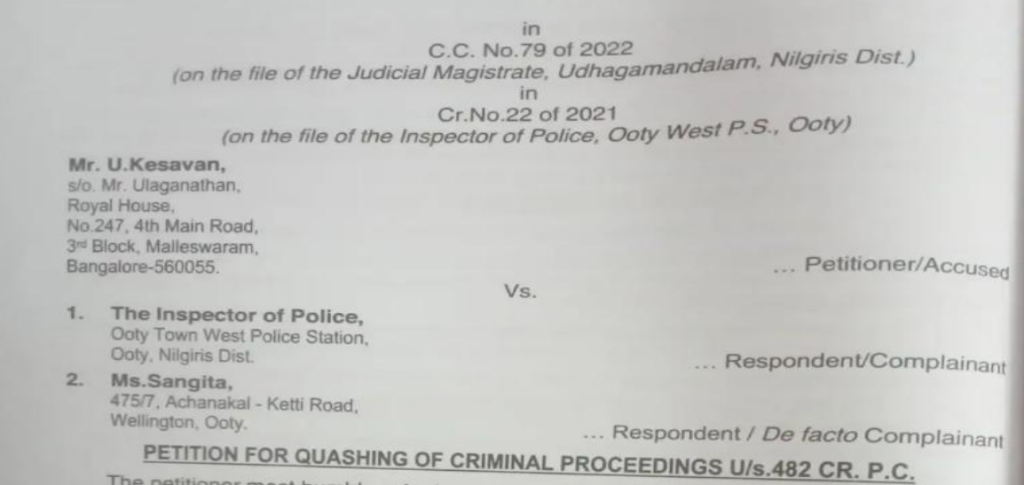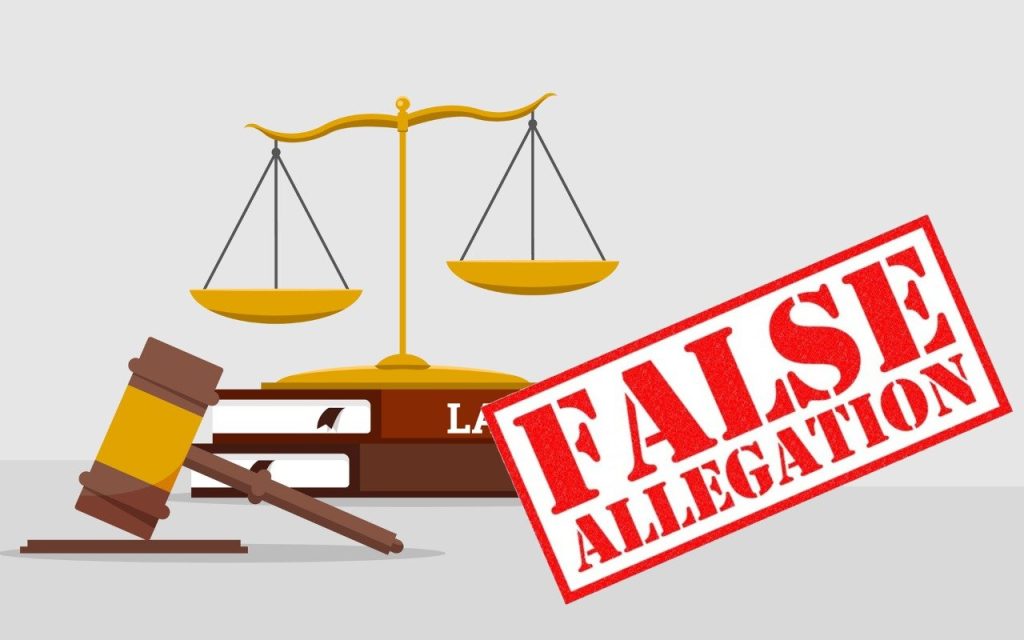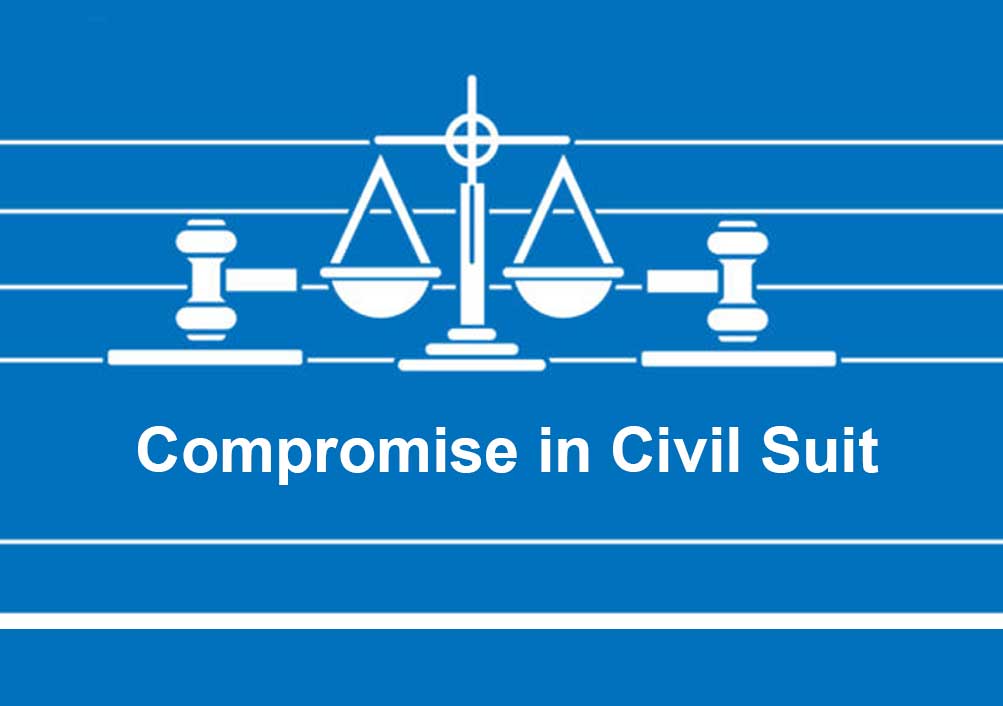You might have seen on criminal side petitions the term” complainant” used against the title of the investigating officer, usually an Inspector of Police, the term “de-facto complainant” used against the person who “lodged a complaint before the police”. This is one of the common mistakes in criminal side petitions.
Subscribe to the Lawyers’ Society Youtube Channel to receive informative legal videos.
Is it right to describe them with these terms?
As per the CrPC, a person providing information to the police officer regarding the commission of an offence, is an “informant” . So, the next time we use the phrase, “lodge a complaint before the police” , we must realize that legally speaking, a “complaint” is one that is lodged before the Magistrate under Section 200 Cr.P.C. With respect to the police, we provide them with information.

We can also see the term “informant” being used under Section 154(2) and 155 of the CrPC, thereby solidifying the fact that a person who approaches the police is only an informant and not a complainant. Therefore, when the police records an FIR, or has filed a chargesheet before the concerned Magistrate, and the accused persons are approaching the Courts for bail or quash or any other remedies under the Code, they shall use the term “informant” against the name of the person who first informed the police officer and caused the registration of a First Information Report.
Moreover, the police officer must not be called a “complainant” , for a police officer can only be a complainant when according to Section 2(d) of the CrPC, he investigates into a cognizable case and later submits a police report for a non-cognizable case. In all other cases, the police officer/ investigating agency is the “Prosecutor”/”Prosecution”.
This was also explained by the Hon’ble Supreme Court (briefly) in the case of Ganeshappa v. Sharanappa ((2014) 1 SCC 87), which is extracted below:
14. Before we part with the case, we may observe a common error creeping in many of the judgments including the present one. No distinction is made while using the words ‘informant’ and ‘ complainant’. In many of the judgments, the person giving the report under Section 154 of the Code is described as the ‘ complainant’ or the ‘de facto complainant’ instead of ‘informant’ , assuming that the State is the complainant. These are not words of literature. In a case registered under Section 154 of the Code, the State is the prosecutor and the person whose information is the cause for lodging the report is the informant. This is obvious from sub-section (2) of Section 154 of the Code which, inter alia, provides for giving a copy of the information to the ‘informant’ and not to the ‘ complainant’. However the complainant is the person who lodges the complaint. The word ‘ complaint’ is defined under Section 2(d) of the Code to mean any allegation made orally or in writing to a Magistrate and the person who makes the allegation is the complainant, which would be evident from Section 200 of the Code, which provides for examination of the complainant in a complaint-case. Therefore, these words carry different meanings and are not interchangeable. In short, the person giving information, which leads to lodging of the report under Section 154 of the Code is the informant and the person who files the complaint is the complainant.” (EMPHASIS SUPPLIED)
As a concluding remark, I would say I am confused how litigants do not use the right terms, and are copy pasting formats with no questions as to whether the same maybe perfected or atleast bettered. So the next time you draft petitions, make sure you are correcting these errors!
Views are personal. Contact for personal assistance.









